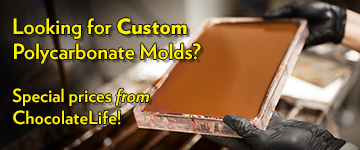Daniel:
There are many resources here - and on ChocolateAlchemy.com - that can provide you with a starting place and guidance. However, there is no substitute for just diving it and doing it. The best way (the only way, really) to learn is from experience.
There is a tendency to think of cocoa beans as being precious and having enormous value. (If you're paying $10 or more a pound they are pricey - consider making the investment in purchasing a larger quantity so you don't worry about ruining them.) They are just ingredients. Just as any chef can be expected to burn or otherwise ruin an expensive piece of fish or beef - or truffles or whatever - as they are learning, you should expect to ruin some beans. They are just ingredients. Over 3 million metric tons were harvested last year (about 7 billion pounds). A "ruined' batch of beans is not "wasting" them if you learned something, and a couple of pounds out of a couple of billions is not all that much - won't you agree?
One of the most important things to have in your journey is a journal and write everything down. Weigh the beans before you start roasting them. Weigh them after. Mark down times and temperatures. Weigh the nib after cracking and winnowing and then the liquor after grinding. Get in the habit of documenting everything.
If you're in any doubt during the first run, over-roast rather than under-roast. For most people, over-roasted chocolate tastes better than "raw" chocolate. And some chocolate makers are known for their heavy roast profiles (e.g, Franois Pralus).
Like anything worth doing well, it's going to take time to feel comfortable with the materials, equipment, and processes. Work with it, don't fear it.
--
~~~~~~~~~~~~~~~~~~~~~~~~~~~~~~~~~~~~~~~~~~~~~~
@DiscoverChoc

